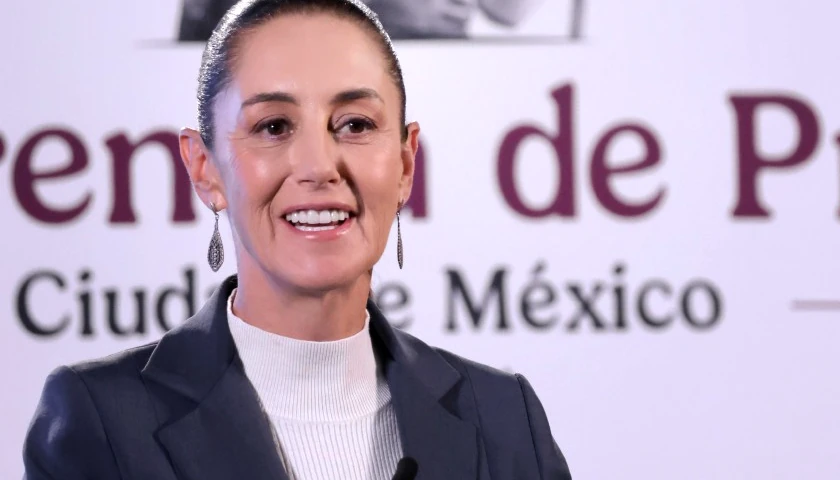A Parents Defending Education (PDE) report revealed that 5,904 government schools in the United States maintain transgender or “gender nonconforming” policies that openly assert school staff can or should keep a child’s preferred gender identity hidden from parents.
The grassroots parental rights organization has compiled a list of school districts by state that have policies either allowing or encouraging personnel to keep students’ gender identity issues hidden from parents.
According to the report, to date, 168 school districts and 5,904 schools are embracing a transgender or gender-nonconforming policy that either permits or urges school staff not to inform parents of their child’s preferred gender identity, if such an issue arises in school.
The policies affect a total of 3,268,752 students in schools in 29 states.
“This list is not comprehensive,” notes PDE, inviting parents who are aware of a district gender policy that is not already included on the list to inform the group at its “Report an Incident” page on its website.
School districts embracing policies that keep parents in the dark are located in both blue and red states.
In California, for example, Los Angeles Unified School District (LAUSD), Sacramento City Unified School District (SCUSD), and San Francisco Unified School District (SFUSD) all have policies that allow staff to keep hidden a child’s preferred gender identity – at school – from parents.
“[S]chool personnel shall take into consideration the safety, health and well-being of the student in deciding whether to disclose the student’s gender identity or expression to parents,” the policy at LAUSD states.
In SCUSD, the policy is:
School personnel should not discuss information that may disclose a student’s transgender or gender non-conforming status to others, including parents/legal guardians and other school personnel, unless legally required to do so or unless the student has authorized such disclosure. Transgender and gender non-conforming students have the right to discuss and express their gender identity and expression openly and to decide when, with whom, and how much personal information one wants to share about oneself to others.
“As appropriate given the physical, emotional, and other significant risks to the student, the School Social Worker and/or LGBTQ Student Services at Student & Family Services Division may consider discussing with the student any need to disclose the student’s transgender or gender-nonconformity status to their parents/guardians and/or others, including other students, teacher(s), or other adults on campus,” SFUSD’s policy instructs as well.
Other blue states, such as Connecticut, Delaware, Hawaii, Illinois, Maryland, Massachusetts, Michigan, Minnesota, New Jersey, New York, Oregon, Rhode Island, Vermont, and the District of Columbia, have school districts with similar policies.
So, too, do red states, however, such as Idaho, where PDE has found 11 school districts with gender policies that support keeping parents out of the loop regarding their child’s preferred gender identity at school.
The Buhl School District, for example, states in its policy:
School employees should not disclose a student’s transgender status or sexual orientation to other individuals, regardless of setting, including the other school personnel or (in the case of middle school, junior high school, and high school students) the student’s parents/guardians, unless they have a legitimate need to know or unless the student has authorized such disclosure. Action in violation of such student confidentiality may subject an employee to discipline, up to and including possible termination and for certificated personnel, a report to the Professional Standards Commission.
Suppression of parental rights isn’t just a blue state problem. School districts in red states like Idaho are also keeping parents in the dark regarding the lives of their children. Latest from #DefendingEd’s @CaseyRyan93 https://t.co/We8nuSLs7P
— Parents Defending Education (@DefendingEd) March 8, 2023
“Parents Defending Education (PDE) submitted 14 public records requests to school districts in Idaho requesting documentation and correspondence regarding the creation of these gender policies,” wrote PDE staff writer Casey Ryan in an op-ed Wednesday at the Washington Examiner. “We discovered that districts were working closely with the Idaho School Boards Association (ISBA) to implement policies to deliberately withhold information from parents about the gender identity of their own children.”
Only parents can do what is necessary to regain their constitutional rights, Ryan added:
[P]arents have the tools to fight back and reclaim the power to raise their children how they see fit. Parents can show up and speak at school board meetings, organize parent groups that hold school boards responsible for their decisions, and, most importantly, vote in school board elections. Whether parents live in a blue state or a red state, they hold the power to make positive change.
In Iowa, as well, the “LGBTQ” policy at Iowa City Community Schools states:
School staff will not disclose any information that may reveal a student’s transgender status to others, including parents or guardians and other school staff, unless legally required to do so or unless the student has authorized such disclosure. In the rare instance that a school is legally required to disclose a student’s transgender status, the school will provide the student an opportunity to make that disclosure themselves, where practicable.
The current list “only begins to scratch the surface of what is taking place behind closed doors in America’s schools,” PDE President Nicole Neily told the New York Post.
“This investigation shows that parental exclusion policies are a problem from coast-to-coast — and that living in a red state doesn’t mean that families are automatically shielded from this issue,” she said. “Without a doubt, there are hundreds (if not thousands) of others with similar policies on the books. We urge everyone to keep an eye out — and to let us know if they find something similar in their backyard.”
– – –
Susan Berry, PhD, is national education editor at The Star News Network. Email tips to [email protected]








